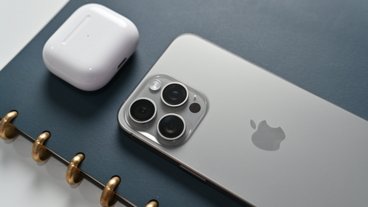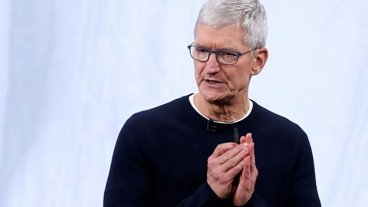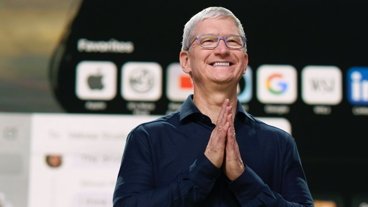Article Hero Image
![]()
Apple Computer on Wednesday announced financial results for its fiscal 2006 second quarter ended April 1, 2006. The Company posted revenue of $4.36 billion and a net quarterly profit of $410 million, or $.47 per diluted share — the second best in its corporate history.
Some notes of interest from the conference call with Apple CFO Peter Oppenheimer and vice president Tim Cook follow:
 AppleInsider Staff
AppleInsider Staff










 Andrew Orr
Andrew Orr
 Wesley Hilliard
Wesley Hilliard
 Amber Neely
Amber Neely

 William Gallagher
William Gallagher

 Malcolm Owen
Malcolm Owen








